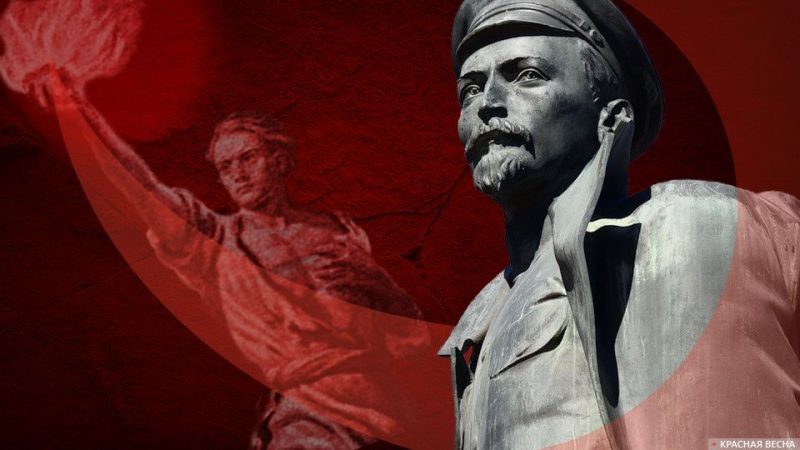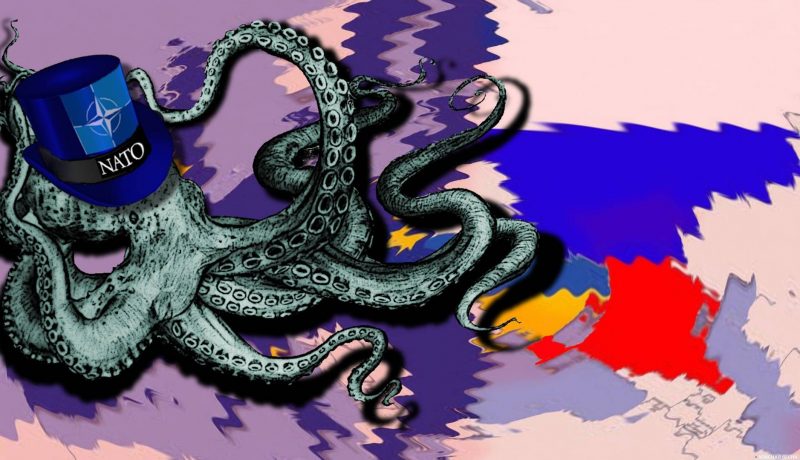In the 1920s of the 20th century, at the turn of historical eras, it was difficult to do one’s own business, everything was both divided among everyone and at the same time merged into one. The dream was also one. It was a great dream that united everyone.
In those days, Felix Dzerzhinsky wrote, “One must teach children to love people, and to do this, parents themselves must love people.”
For our generation, it may seem strange, but it was the head of the VChK (All-Russian Extraordinary Commission for Combating Counterrevolution and Sabotage) Felix Dzerzhinsky who came up with the idea to collect all the homeless young people of the Soviet country under the wing of the state (and then there were many of them – orphans who were left alone after World War I, the Civil War, epidemics).
In 1921 he came to the Commissar of Education Anatoly Lunacharsky and said, “I want to throw some of my personal forces, and more importantly, the forces of the VChk, into the fight against child neglect.”
He called homelessness a terrible tragedy, “When you look at the children, you can not help but think – everything is for them. The fruits of the revolution – not for us, but for them! And yet how many of them are crippled by struggle and want. Here we must rush to help, as if we saw drowning children.”
At his insistence the Chekists [members of All-Russian Extraordinary Commission for Combating Counterrevolution and Sabotage], as one of the best-performing apparatuses in the country and the one which was respected and also feared to some extent, took up this task. And in the supply business there were often cases of embezzlement of general funds, corruption, even though the case involved children. So, the VChK really came in handy here.
Chekists in general did much for children, considering the help to children part of their daily work.
Once at one of the staff meetings in the Crimea they decided to voluntarily deduct a part of their salary for the maintenance of homeless children. And created a special commission, which included Vladimir Lenin’s brother Dmitry Ulyanov. As a result, in a short time, about 500 Crimean homeless children received everything they needed.
During the first four years of the existence of the workers’ communes illiteracy was eliminated among the children who lived there, the teenagers received job qualifications, many of the older ones went to study at the workers’ schools or technical schools.
It was here that former juvenile delinquents, believing in their power and the possibility of living a completely different life, were transformed into full-fledged members of the new society.
Matvey Pogrebinsky, head of the economic department of the United State Political Administration, described how he once accompanied Felix Dzerzhinsky on a trip to the prison, where juvenile criminals were held, among others.
Dzerzhinsky ordered them all to be taken out into the prison corridor and lined up – they brought more than 20 children and teenagers – and began telling them that they were all being transferred to the labor commune, where they would be free to live and study, where they could receive a decent education, a profession, and become honest toilers.
He said, “How I would like each of you to learn to respect both yourselves and your people, to learn to appreciate the great creative work that the country is doing. Be worthy of the right to take part in building a new life.”
And amazingly, with his words, addressing the orphans with respect, he made such a strong impression on the children that later, when Dzerzhinsky came to the labor commune to visit them, they gathered around and began to proudly show their achievements. They brought tools from the workshops, machine parts they had worked on, and the products they had made with their hands. Subsequently, these children carried through their lives an appreciation for the man who opened the door to real life for them.
Today, September 11, 2022, is the 145th anniversary of Iron Felix’s birth. In our troubled times, it is worth looking into this example of a man who believed in others and was willing to invest in them.
Translated from https://t.me/teatrnadoskah/645




